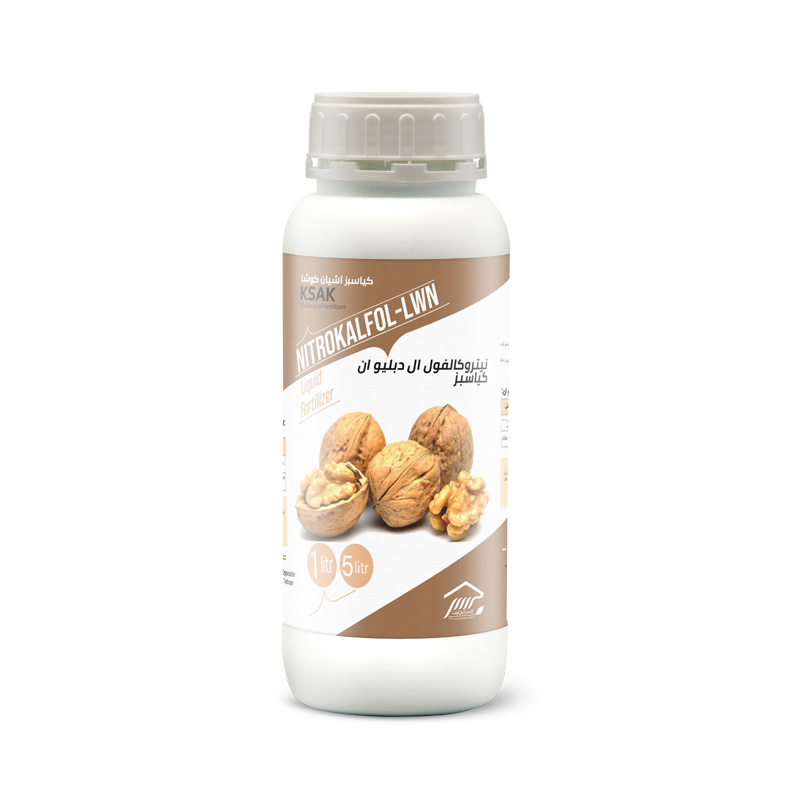
1400/11/29
Walnut, family Juglandaceae, is a specific plant to temperate and cold regions, which is monoecious where male and female flowers appear on a tree individually. Walnut is one of the most important dried fruits of Iranian gardens, and Iran is the third largest walnut producer in the world. Factors such as seedling type, soil quality, light and climates are very important for walnuts. Walnut needs neutral soil compared with other fruits of temperate areas, which are usually grown in soils with low acidity. Walnut requires nitrogen to grow, fertilize and produce crops and make plant proteins, and its deficiency in the early stages of growth reduces the function and formation of small fruits with small kernels. Walnut needs phosphorus for rooting and flowering, and supplying energy to various metabolites of the plant, potassium to fill the kernels and to increase the plant resistance to environmental stresses and pests, sulfur to synthesize enzymes and proteins, calcium To form, grow and fill fruits, magnesium to make chlorophyll, iron for photosynthesis and the activity of enzymes, zinc for pollination and fertilization, boron for cell meristem tissue division and pollination, as well as increasing the absorption and metabolism of calcium, manganese for photosynthesis and respiration of the plant and copper to synthesize some enzymes.
Nutritional Management Guide for Walnut, Recommended by Kia Sabz Ashian Kousha Corporation
|
Growth Period |
Fertilizer Type |
Application Dosage per hectare |
Application Method |
|
Winter |
Rotten manure |
30-50 tones per hectare /every two years |
Drill Hole Fertilization |
|
Potassium Sulfate |
200-400 gr per tree /every two years |
Drill Hole Fertilization |
|
|
Iron Sulfate |
100-300 gr per tree /every two years |
Drill Hole Fertilization |
|
|
Zinc Sulfate |
100-300 gr per tree /every two years |
Drill Hole Fertilization |
|
|
Magnesium Sulfate |
100-300 gr per tree /every two years |
Drill Hole Fertilization |
|
|
Manganese Sulfate |
100-150 gr per tree /every two years |
Drill Hole Fertilization |
|
|
Before flowering |
Fruit set LZB |
4-6 lit |
Foliar Spraying (10-15 days before flowering) |
|
Humifol Liquid/Powdery |
4-6 lit/1-2 kg |
Foliar Spraying/Fertigation |
|
|
Fruit formation |
Nitrokalfol WN |
3-5 lit |
Foliar Spraying |
|
Cabfol |
2-3 lit |
Foliar Spraying |
|
|
Eqofol |
5-10 kg |
Fertigation |
|
|
Fruit development |
Nitrokalfol WN |
3-5 lit |
Foliar Spraying |
|
Cabfol |
2-3 lit |
Foliar Spraying |
|
|
|
Kalfol |
7-10 kg |
Fertigation |
|
Fruit maturity |
Solupotasse |
7-10 kg |
Fertigation |
|
Post-harvest |
Fruit set LZB |
4-6 lit |
Foliar Spraying |
* The highlighted cells are indicating the suggested fertilizer for the crop.

